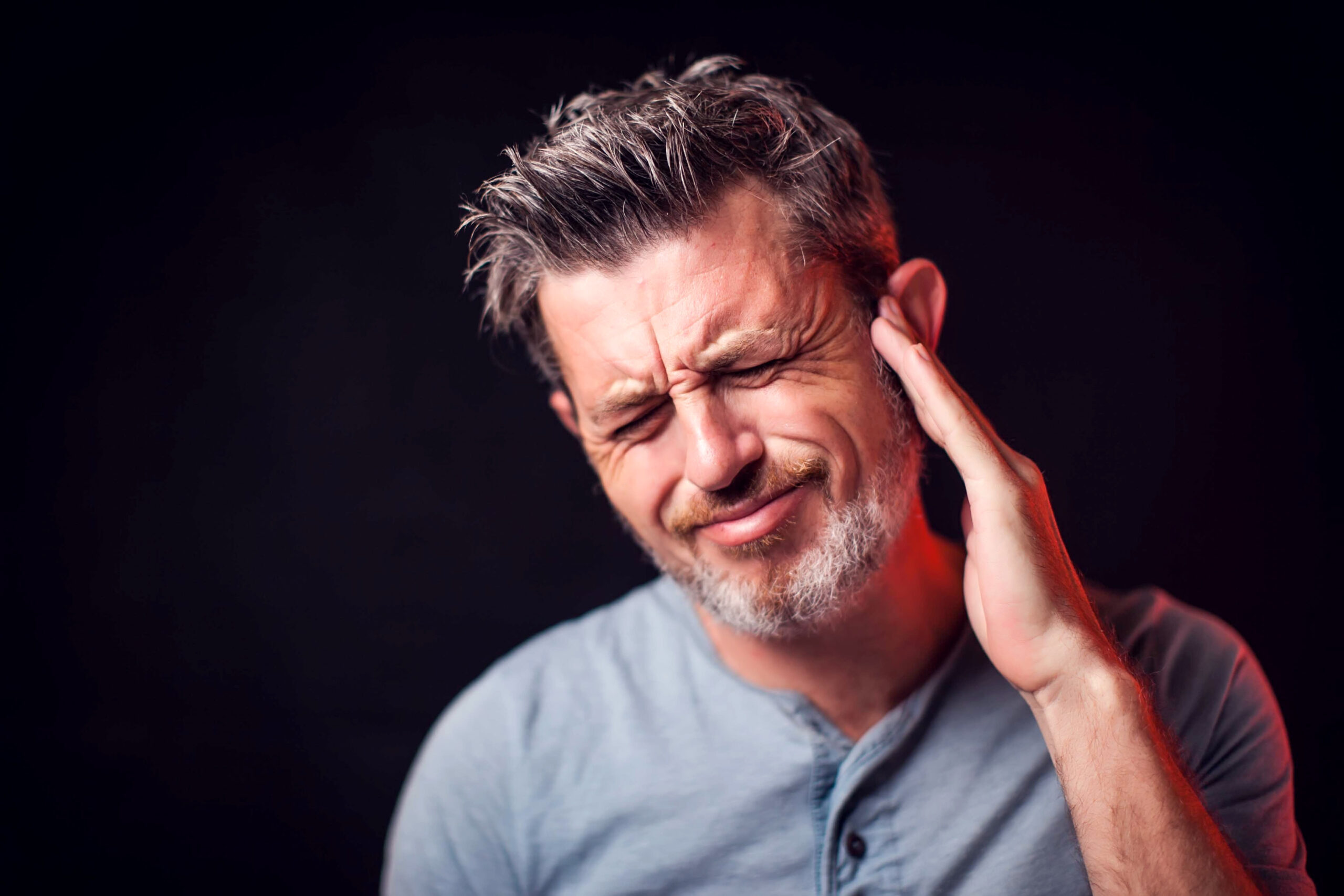News
Tinnitus Awareness Week by Dr John Deady
February 5, 2024
Tinnitus is a condition when people experience a ringing sensation in their ears. Alternatively, the sound may be humming, hissing, whistling, clicking, wooshing or pulsing. Usually, these sounds are something only the person themselves can hear.
This auditory experience, ranging from faint to loud, may occur in one or both ears or “in the head”. It can be mild or severe, and, for some people, the experience causes considerable distress. It might only be temporary, such as after a music concert or using power tools, or it may become chronic.
An estimated two-thirds of Australians have reported experiencing tinnitus at some point in their lives. Tinnitus can happen in people with normal hearing but is more common for people with hearing loss or vertigo. Both adults and children can be affected, but tinnitus is more common in older adults due to age-related hearing loss.
Causes
Multiple factors contribute to tinnitus, including hearing loss, ear wax, exposure to loud noises, infections, Ménière’s disease, tumours, inner ear complications, certain medications, and head injuries. There is also a link between tinnitus and anxiety and depression.
Diagnosis
Diagnosis involves a discussion of symptoms and a physical examination by your GP. You may be referred to an audiologist for hearing tests, or to an ear, nose, and throat (ENT) specialist for further evaluation and treatment.
Treatment and prevention
Treatment strategies vary based on the underlying cause and the degree of distress caused by tinnitus. Your doctor can advise you about any medications that might worsen tinnitus, such as certain anti-inflammatories, antibiotics and antidepressants. Reducing stress is important as stress and anxiety can make the experience of tinnitus worse.
If you frequent noisy environments or use loud equipment, it is vital you wear ear protection, like ear plugs or headphones, to stop the symptoms from worsening.
Hearing aids, when appropriately fitted, can offer relief by addressing associated hearing loss, reducing listening strain, and diverting attention from tinnitus by enhancing other sounds.
For further information and support, visit Tinnitus Australia.

